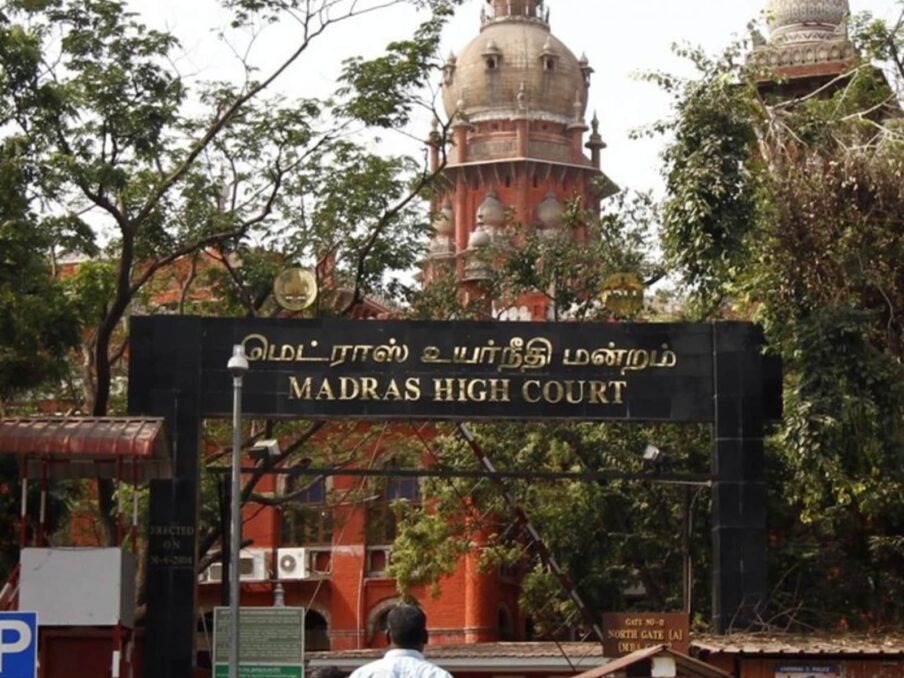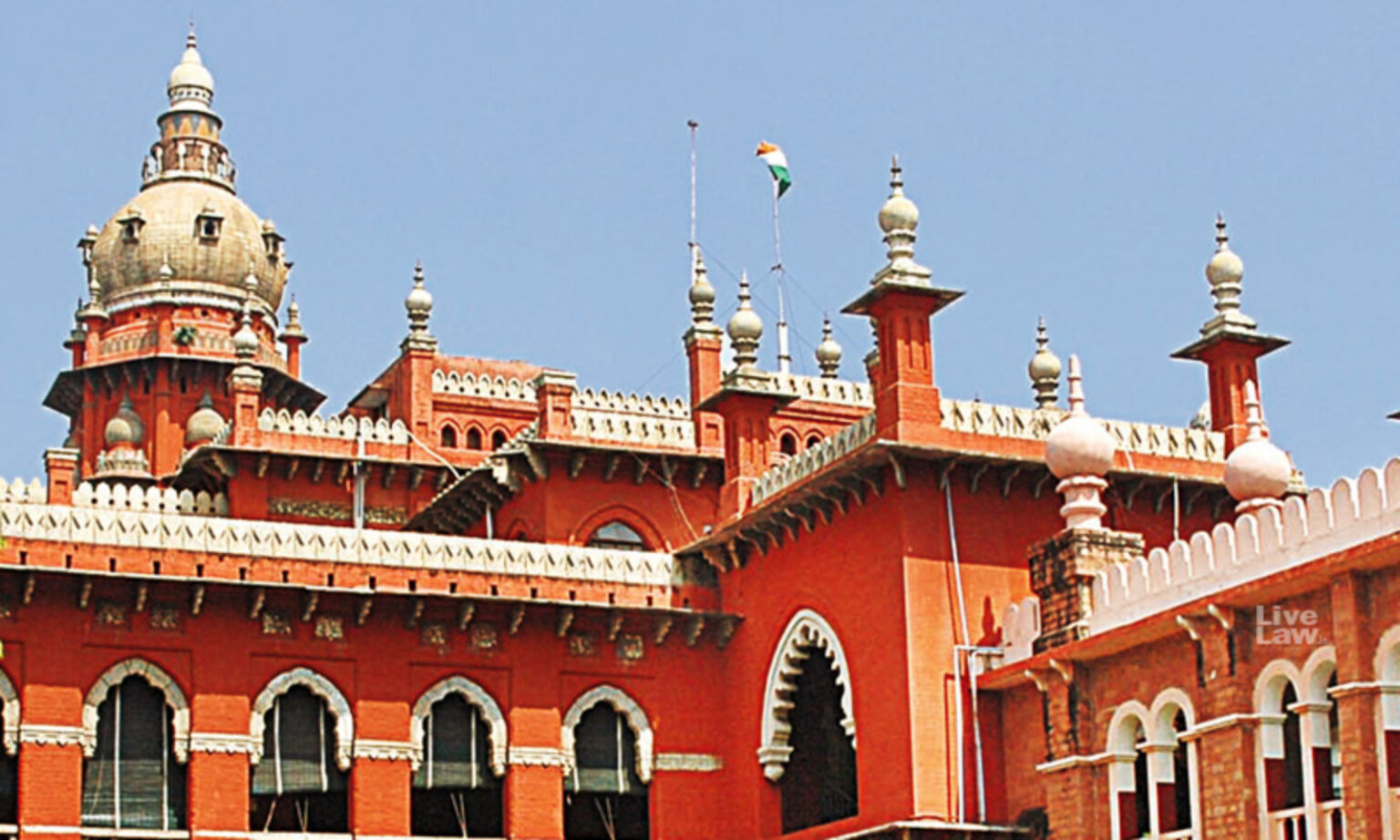In a recent landmark judgment, the Madras High Court has delivered justice to a survivor of rape by ordering a compensation of ₹14 lakh ($19,000) while criticizing the Legal Services Authority for its failure to provide timely and adequate support. The judgment sheds light on the urgent need for an efficient legal framework and robust support systems to address heinous crimes against minors and ensure justice for survivors.
Background
The case involved a horrific incident of rape perpetrated against a minor girl, whose identity has been withheld to protect her privacy. The survivor faced unimaginable trauma, both physically and mentally, following the assault. The trial court had already convicted the accused, sending a strong message that such crimes will not be tolerated. However, the Madras High Court recognized that the legal process should not end with the conviction alone, emphasizing the importance of compensating the survivor for the pain and suffering endured.
The Court’s Verdict
In its judgment, the Madras High Court ordered the State Legal Services Authority to pay a compensation of ₹14 lakh to the survivor. The court expressed disappointment with the authority’s lackadaisical approach and delay in disbursing the compensation. It pointed out that timely financial assistance is crucial to aid survivors in their recovery and to provide them with the necessary support to rebuild their lives.
The court noted that the legal system’s duty does not stop at holding the perpetrator accountable; it also encompasses protecting the rights and well-being of the survivor. The compensation aims to address the survivor’s physical and psychological trauma, facilitate her rehabilitation, and assist in obtaining necessary medical, educational, and vocational assistance.
Criticism of the Legal Services Authority
The Madras High Court’s criticism of the Legal Services Authority highlights the systemic challenges faced by survivors seeking justice. The authority, responsible for providing legal aid and assistance to those who cannot afford it, failed to promptly address the survivor’s needs. The court’s displeasure with the authority’s sluggish response emphasizes the need for a more efficient and victim-centric approach.
It is crucial that the legal system recognizes the importance of expediting the provision of financial aid to survivors, as delayed justice can compound their suffering and deter them from seeking legal recourse. The Legal Services Authority should ensure that it promptly assesses the compensation claims, streamlines the disbursement process, and prioritizes the welfare of survivors.
Importance of Compensation for Survivors
Compensation plays a significant role in acknowledging the survivor’s pain and trauma while providing them with a chance to rebuild their lives. Monetary relief helps address the financial burden that often accompanies such heinous crimes, allowing survivors to access necessary medical treatments, psychological counseling, and educational support.
Furthermore, compensation serves as a deterrent against potential offenders by highlighting the gravity of the crime and the consequences they may face. It underscores society’s commitment to supporting survivors and holding perpetrators accountable, thereby promoting a safer environment for all.

The Madras High Court’s decision to award a compensation of ₹14 lakh to a survivor of rape represents a significant step towards ensuring justice for victims of heinous crimes. The court’s critique of the Legal Services Authority’s inadequate response highlights the urgent need for streamlined processes and victim-centric support systems.
It is essential for legal authorities, governments, and society at large to prioritize the welfare of survivors, not only through punitive measures against offenders but also by providing comprehensive support during their recovery. Prompt and adequate compensation can go a long way in helping survivors heal, rebuild their lives, and reclaim their dignity. The Madras High Court’s verdict sets a positive precedent and should serve as a catalyst for reforms in the legal system to ensure that survivors of such atrocities receive the justice they deserve.













